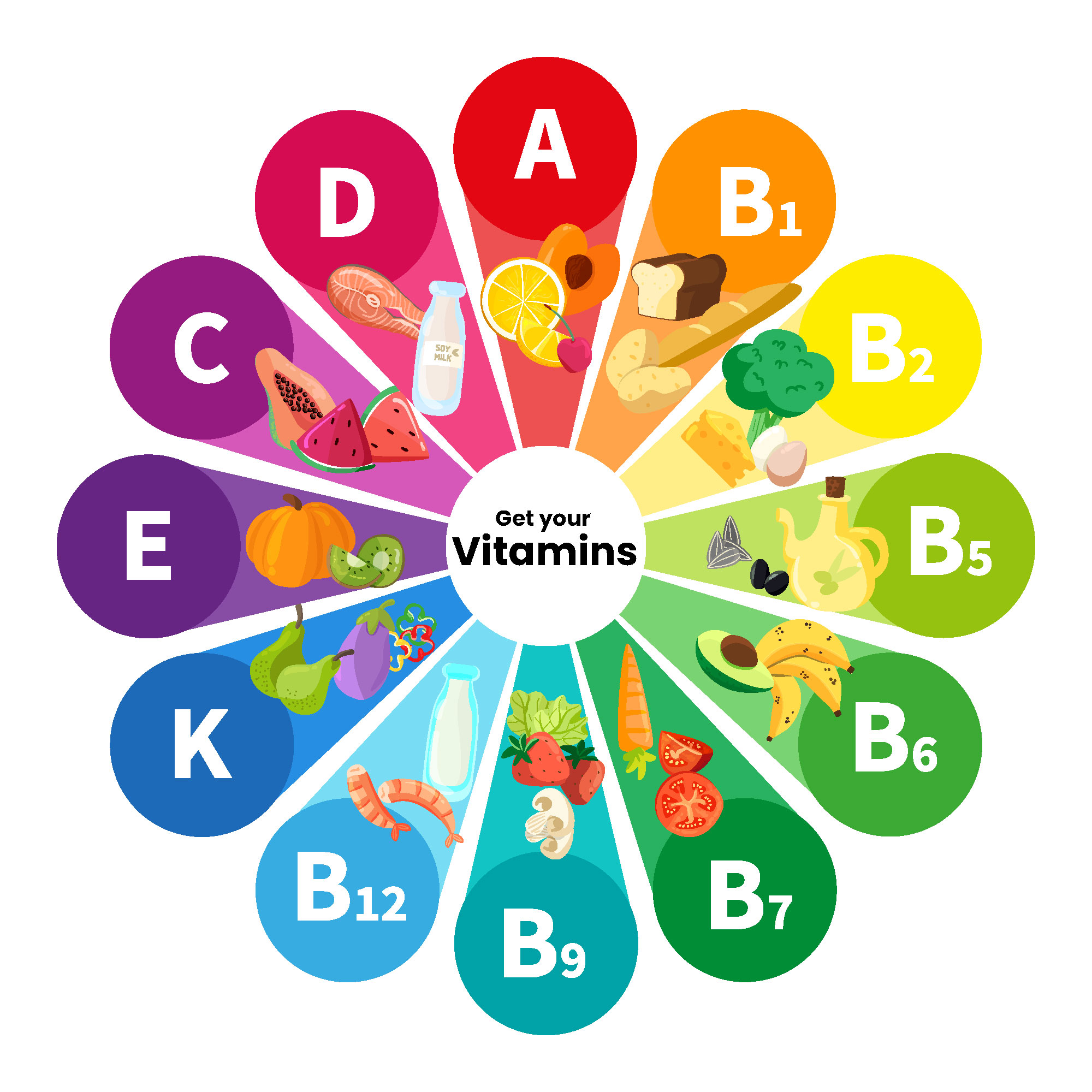Mineral salts are very important nutrients for the body, because they take part in functions such as the production of hormones, the formation of teeth and bones and the regulation of blood pressure.
Mineral salts can be found in foods of plant origin, such as vegetables, fruit and whole grains. In addition, foods of animal origin, such as meat, cheese, milk and eggs, also contain mineral salts.
A varied and healthy diet provides the body with adequate amounts of mineral salts. However, some situations such as excessive menstrual bleeding and celiac disease, for example, can cause a deficiency of mineral salts, in which case the use of supplements is recommended.
The functions, main sources and recommended amounts of each mineral are listed below:
- Calcium
Calcium is the most abundant mineral in the body and is found mainly in bones and teeth. In addition to forming the skeleton, calcium also participates in processes such as muscle relaxation and contraction and the formation of immune system cells.
Where to find it: calcium is found in foods of animal origin, such as sardines, milk, cheese and yogurt. But it can also be found in plant-based foods such as spinach, beans and tofu. Learn about other calcium-rich foods.
- Iron
Iron participates in the formation of hemoglobin, which is the component of blood cells responsible for transporting oxygen in the blood.
In addition, this mineral also has an antioxidant action, inhibiting the formation of free radicals and helping to prevent the appearance of conditions such as premature ageing, cardiovascular diseases and cancer, for example.
Where to find it: iron is found in foods such as beef, chicken, offal and egg yolk. Iron can also be found in plant-based foods such as pumpkin seeds, tofu and nuts. Here’s how to increase your iron intake.
- Magnesium
Magnesium participates in processes such as muscle contraction and relaxation, vitamin D production, blood pressure balance and cell functions such as potassium and calcium transportation.
Magnesium also contributes to the production of serotonin and hormones responsible for bone formation, improving mood and helping to prevent osteoporosis.
Where to find it: magnesium is found in various foods, such as seeds, legumes, whole grains, fruit, vegetables, milk and dairy products. See other foods rich in magnesium.
- Phosphorus
Phosphorus helps with the body’s energy metabolism and helps regulate blood pH. Phosphorus is also important for the formation and maintenance of healthy bones and teeth.
Where to find it: phosphorus is found in foods such as meat, poultry, eggs, tofu, sardines, milk and dairy products, seeds, legumes and whole grains.
- Potassium
Potassium plays a role in the formation of muscle tissue, muscle contraction and relaxation of the arteries, helping to control blood pressure.
Potassium also helps prevent diabetes by improving the sensitivity of insulin, the hormone responsible for balancing blood glucose levels. Learn about all the functions of potassium.
Where to find it: potassium is found in various foods, such as whole grains, yogurt, avocado, bananas, milk and potatoes. See a list of potassium-rich foods.
- Copper
Copper is a mineral that acts in the formation of melanin, which is responsible for the color of the eyes, skin, hair and eyes. It is also found in the blood, liver, brain, heart and kidneys, and is important for the formation of red blood cells.
Because it has an antioxidant action, copper also protects the body against free radicals, preventing situations such as premature ageing, colds and flu.
- Sodium
Sodium helps control blood pressure, regulate fluid levels in the body and blood pH, as well as taking part in the absorption of nutrients, the transmission of nerve impulses and muscle contraction.
Where to find it: the main source of sodium is table salt, but this mineral is also present in cheese, seaweed, sausages, pickled vegetables, milk and eggs. See other foods rich in sodium.
- Chromium
Chromium is an important mineral for improving the functions of the hormone insulin, promoting control of blood glucose levels, as well as helping with the absorption of nutrients such as carbohydrates, proteins and fats. Learn more about the functions of chromium.
Where to find it: chromium can be found in various foods, such as whole grains, meats, breads, brewer’s yeast, oilseeds and spices.
- Iodine
Iodine participates in the formation of the hormones T3 and T4 in the thyroid, which are involved in the growth and development of the bones, nervous system and brain of the fetus during pregnancy, as well as helping to prevent diseases such as hyperthyroidism and goiter.
Where to find it: the main sources of iodine are marine foods such as seaweed, seafood, fish such as tuna, cod and salmon, and it is also present in dairy products and iodized table salt. Here’s a list of foods rich in iodine.
- Zinc
Zinc is important for the growth of the fetus, children and adolescents. Zinc also has antioxidant and anti-inflammatory properties, strengthening the immune system, helping to fight viruses and bacteria and improving wound healing.
Where to find it: zinc can be found in foods such as oysters, shrimp, beef, chicken, fish and offal. Learn about other foods that are sources of zinc.
- Selenium
Selenium has great antioxidant power and therefore fights free radicals and improves the functions of the immune system, which can help prevent cardiovascular diseases and cancer, for example.
Where to find it: selenium is found in foods such as Brazil nuts, sunflower seeds, wheat flour, bread and egg yolks.
- Fluoride
Fluoride’s main function in the body is to prevent the loss of minerals from the teeth and to prevent the onset or progression of tooth decay. Fluoride also helps to form and maintain healthy bones.
Where to find it: fluoride is added to drinking water and toothpastes, and can also be applied by a dentist in a dental practice. Fluoride is also found in small quantities in foods such as coffee, shrimp and black tea.
Conclusion
When to take mineral salt supplements?
The use of supplements should be indicated in cases of low consumption of food sources of mineral salts.
In addition, these supplements may also be indicated in situations that require larger quantities of mineral salts, such as osteoporosis, kidney failure, excessive menstrual bleeding, Crohn’s disease and celiac disease, for example.
The type and quantity of supplements varies according to each person’s state of health, age and gender. For this reason, mineral salt supplements should only be used on the advice of a doctor or nutritionist.



